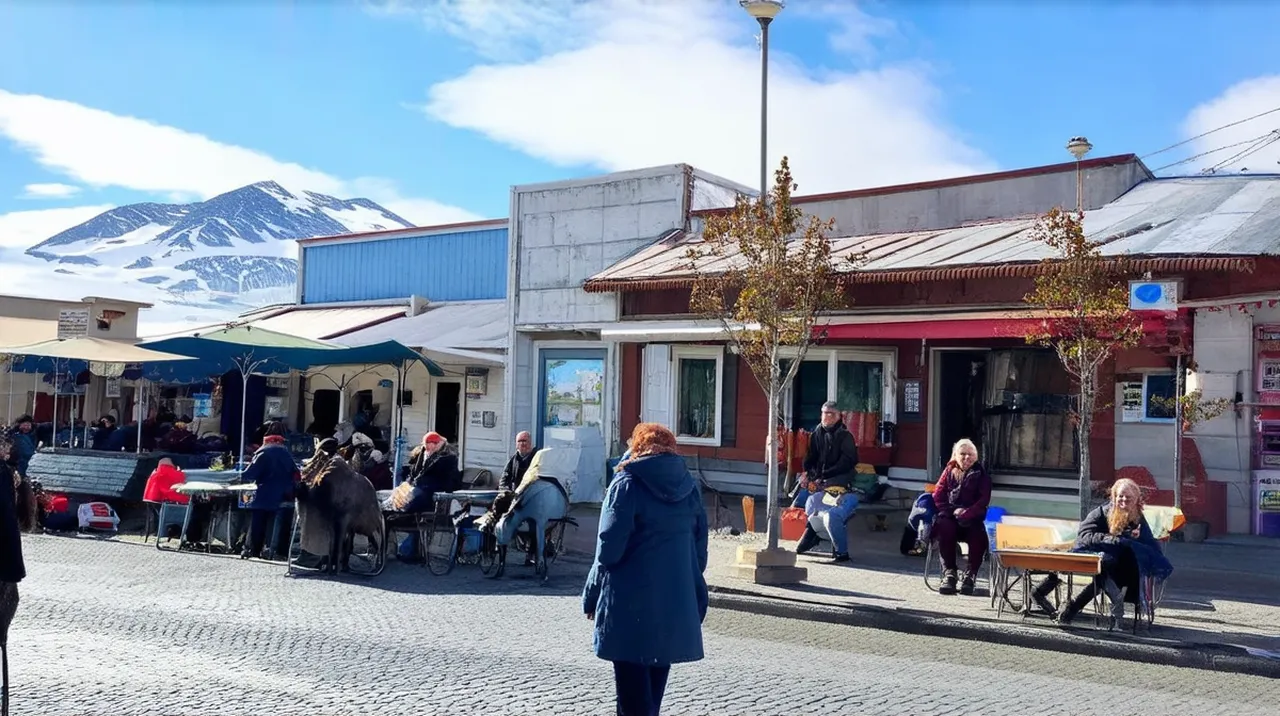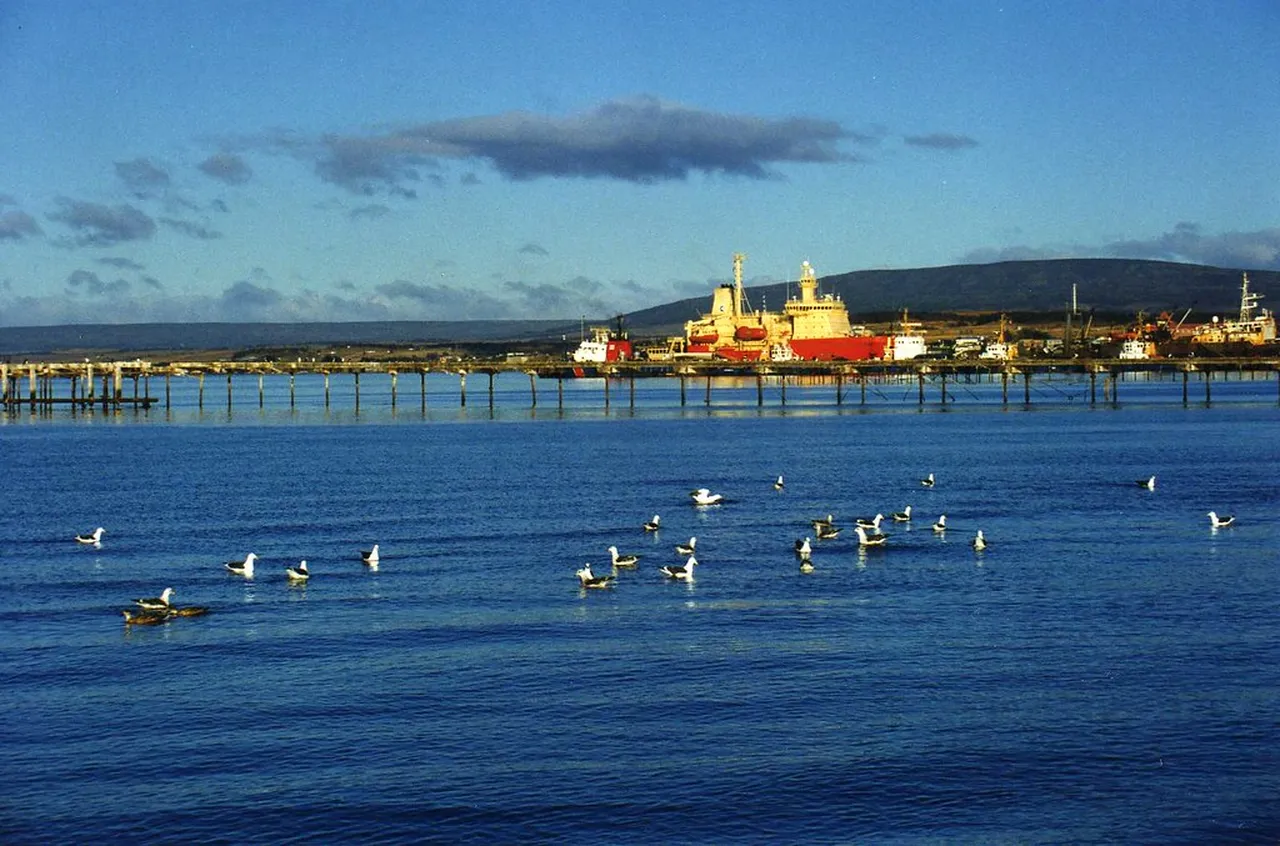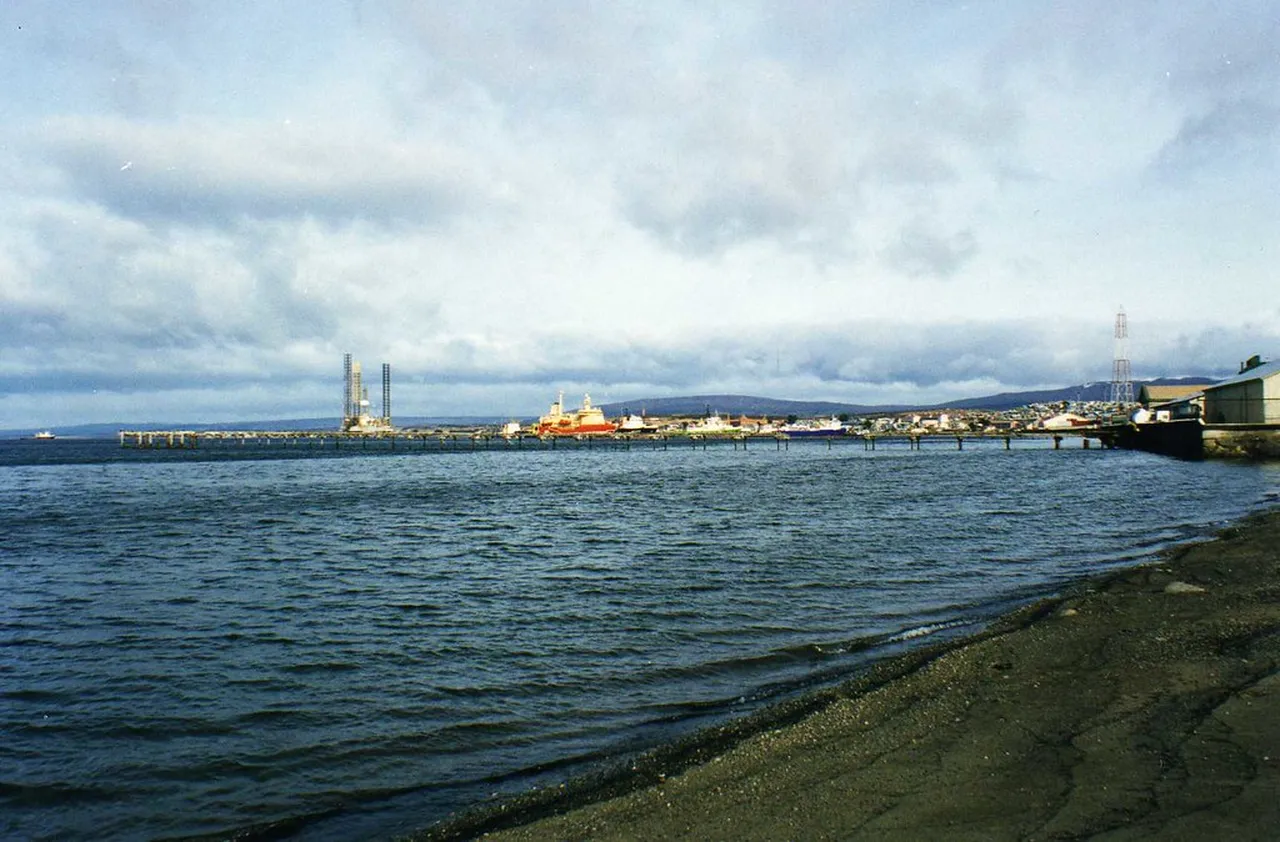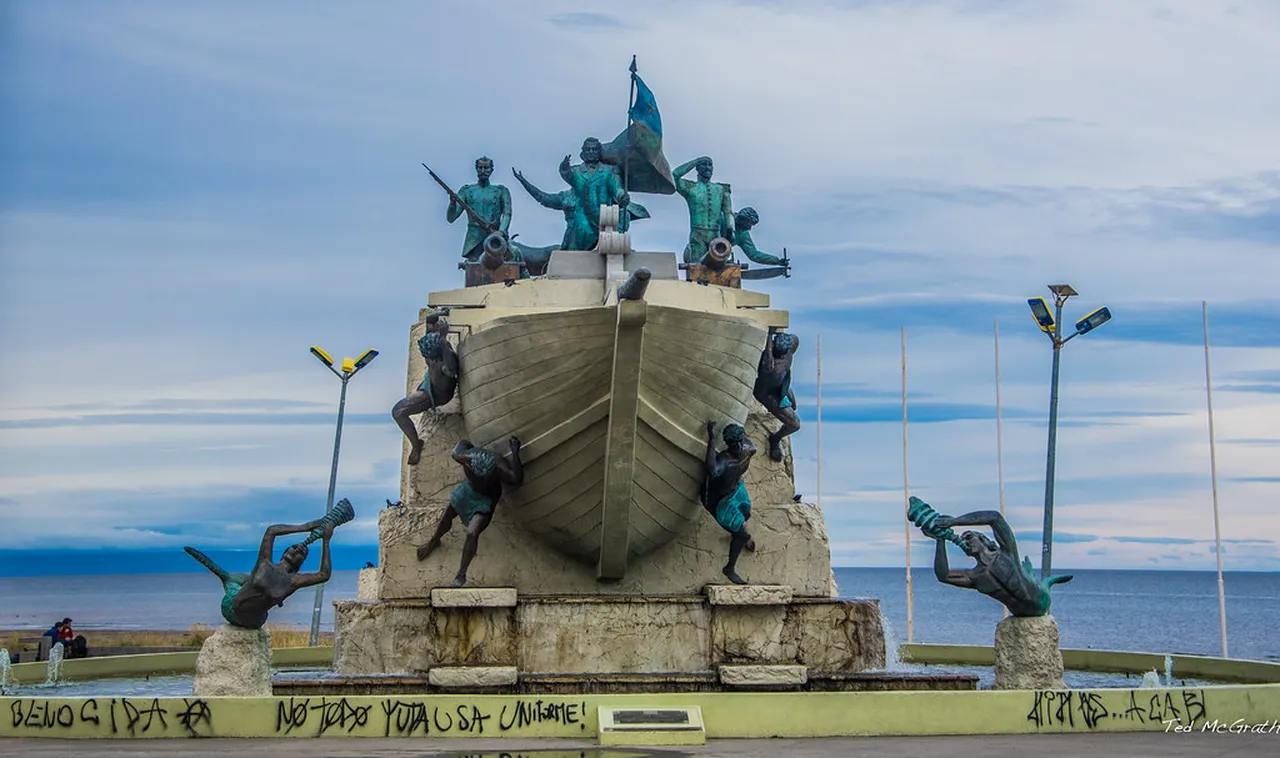
Punta Arenas Culture: Unveiling the Rich Heritage of Patagonia
Table of Contents
Punta Arenas Culture
Punta Arenas, the vibrant capital of Chilean Patagonia, is a melting pot of culture and history that has evolved over centuries. Known for its stunning landscapes and diverse communities, Punta Arenas culture offers a unique glimpse into the traditions and lifestyles that shape the region. From indigenous influences to European settlers, this city embodies a rich tapestry of customs, arts, and celebrations. In this article, we will delve into the various aspects of Punta Arenas culture, showcasing the fascinating elements that make this destination a must-visit for any cultural enthusiast.
Want to find the best travel deals for this destination? expert adventure planner with our adventure planning specialist!
1. Historical Influences on Punta Arenas Culture: A Blend of Past and Present

Punta Arenas boasts a unique culture shaped by an array of historical influences. Its development began as a strategic port in the 19th century, attracting a diverse set of individuals. Consequently, the integration of various traditions has resulted in a remarkable cultural tapestry.
The city’s historic architecture, which includes vibrant buildings and monuments, serves as a testament to its rich past. Furthermore, local customs and practices reflect this blend, where ancient traditions intertwine with modern lifestyles. Interestingly, the preservation of these cultural elements has become a vital part of Punta Arenas identity.
“Exploring Punta Arenas means witnessing history come to life in everyday culture.”
2. Indigenous Roots: The Indigenous Tribes of Patagonia

The indigenous tribes of Patagonia play a pivotal role in shaping Punta Arenas culture. Tribes such as the Mapuche and the Tehuelche have inhabited this region for centuries, cultivating a deep connection to the land. Today, their traditions continue to influence modern inhabitants, enriching the city’s cultural landscape.
Moreover, rituals and art forms from these indigenous communities are integrated into local festivities. Thus, when you visit Punta Arenas, you can experience live demonstrations of traditional crafts and practices. This interaction not only respects the past but also helps in keeping the indigenous heritage alive.
3. European Heritage: The Immigrant Impact on Local Culture

European immigration has left an indelible mark on Punta Arenas culture. In particular, waves of settlers from Spain, Germany, and Italy arrived in the late 19th century, bringing their traditions and lifestyles along. Consequently, this mix has resulted in a distinct cultural identity that is both diverse and unique.
The influence of European settlers is evident in the architecture, cuisine, and even social customs. For instance, the famous local dish, cordero al palo, showcases culinary techniques passed down through generations. Furthermore, annual cultural Events often celebrate this rich European ancestry, allowing locals and tourists alike to enjoy traditional music and dances.
4. Gastronomy: Culinary Delights Reflecting Punta Arenas Culture

Punta Arenas’ cuisine is a vivid reflection of its rich cultural tapestry. It combines indigenous ingredients and traditional cooking methods with influences from European settlers. One cannot miss trying the renowned cordero al palo, a delicious lamb dish that is a favorite among locals. Moreover, as you savor this culinary delight, you’ll realize it embodies the essence of Punta Arenas culture.
Seafood also plays a crucial role in local gastronomy, with dishes like centolla (king crab) and merluza austral (patagonian hake) being highlights you should not overlook. Therefore, dining in Punta Arenas becomes not just a meal but a journey through flavors that tell the story of the land and its people.
“Exploring local markets is a must! They offer fresh produce and a glimpse into the daily lives of residents.”
5. Celebrations and Festivals: Experiencing the Local Traditions

In Punta Arenas, celebrations and festivals are vibrant manifestations of local culture. One notable event is the Fiesta de la Patagonia, which showcases traditional music, dance, and gastronomic delights. This festival not only brings together locals but also invites tourists to share in the joyous atmosphere. As a result, you can immerse yourself in Punta Arenas culture while enjoying the lively festivities.
Another important celebration is Carnaval, celebrated with colorful parades and dances. During this time, streets come alive with laughter and cheer. In addition, participating in these events offers a unique opportunity to witness the rich traditions that shape the identity of Punta Arenas.
6. Arts and Crafts: Traditional Handicrafts and Their Significance
The arts and crafts scene in Punta Arenas is a tangible representation of its culture. Artisans skillfully create handcrafted souvenirs from local materials, such as wood and leather. This showcases not just creativity but also a deep respect for Patagonia’s natural resources. In this way, Punta Arenas culture is preserved through the hands of its craftsmen.
Visiting local markets allows you to explore these unique handicrafts and witness the delicate processes involved in their creation. For instance, traditional woolen garments hold significant value, reflecting a rich heritage that dates back generations. Therefore, supporting local artisans is another wonderful way to connect with Punta Arenas culture while taking home a piece of its history.
7. Music and Dance: The Rhythms of Punta Arenas Culture
Insider Tip: Get the most out of your Punta Arenas visit with guided tours!
The music and dance of Punta Arenas are vibrant reflections of its unique cultural tapestry. Rooted in both indigenous traditions and European influences, these artistic expressions are integral to local identity. Traditional dances, such as the cueca, are often performed during festivals and celebrations, showcasing the enthusiasm and spirit of the community.
Moreover, music plays a vital role in Punta Arenas culture. From folk songs to contemporary melodies, local musicians tell stories of life in Patagonia. Transitioning from past to present, these rhythmic beats can be heard at various social gatherings and Events. Consequently, connecting with the local culture through music is a heartwarming experience that captivates both residents and visitors.
8. Architecture: Historical Landmarks Reflecting Cultural Heritage
Punta Arenas boasts an intriguing architectural landscape that mirrors its historical influences. The city’s buildings range from colonial homes to modern constructions, each narrating a chapter of its past. For instance, the Presidential Palace and the iconic Palacio Sara Braun are must-visit Landmarks showcasing the grandeur of early 20th-century architecture.
Additionally, many structures reflect the Punta Arenas culture and the era of European immigration. Notably, the blend of architectural styles from different countries can be observed throughout the city. As you stroll through the streets, you’ll notice how these edifices harmoniously coexist, creating a visual story of cultural evolution.
9. Museums and Cultural Centers: Preserving Punta Arenas Culture
Museums and cultural centers in Punta Arenas serve as guardians of the city’s rich heritage. The Magallanes Regional Museum, for example, provides a fascinating glimpse into local history and the indigenous peoples of the region. Its exhibitions emphasize the importance of preserving stories that define Punta Arenas culture.
Moreover, cultural centers host workshops, performances, and educational programs that engage the community. This not only fosters a sense of belonging but also ensures that traditions are passed down to future generations. In this way, visiting museums in Punta Arenas is not just an educational experience; it is a way to immerse yourself in the heart of Punta Arenas culture.
10. Outdoor Activities and Cultural Experiences: Nature Meets Heritage
Recommendation: Don't miss out on amazing Punta Arenas tours - book now!
Punta Arenas is not only known for its rich culture but also for its stunning natural surroundings. Visitors can engage in various outdoor Activities that seamlessly blend adventure with an understanding of local heritage. For example, hiking in the nearby Torres del Paine National Park offers breathtaking views and insights into the natural history of Patagonia.
Moreover, joining local guided tours allows tourists to learn about the cultural significance of the landscapes. Many tours highlight Indigenous stories, enhancing the connection to the land. Additionally, fishing excursions in the Magellan Strait reflect traditional practices that have been passed down through generations. This not only provides a unique experience but also supports local fishermen.
“Connecting with nature in Punta Arenas brings you closer to its vibrant culture.”
Therefore, both the natural beauty and the rich culture of Punta Arenas create an enriching travel experience for all visitors.
11. The Role of Education in Cultural Preservation in Punta Arenas
Education plays a crucial role in preserving Punta Arenas’ rich culture. Schools and cultural institutions work diligently to teach younger generations about their heritage. This commitment ensures that traditional stories, customs, and languages are passed down.
Additionally, various programs and workshops focus on traditional crafts and local history. For example, art classes often incorporate Indigenous techniques, allowing students to learn hands-on skills that reflect their identity. By fostering an appreciation for local craftsmanship, Punta Arenas secures its cultural future.
Moreover, educational tours in museums further promote understanding of Punta Arenas’ past. Here, visitors and locals alike can benefit from engaging exhibits that highlight the region’s history. Ultimately, education serves as a bridge between past customs and modern-day practices, ensuring the survival of Punta Arenas’ cultural legacy.
12. Engaging with Locals: Authentic Experiences of Punta Arenas Culture
Recommendation: Don't miss out on amazing Punta Arenas tours - book now!
To truly appreciate the culture of Punta Arenas, connecting with locals is indispensable. Engaging with residents can unlock authentic experiences and provide insights that guidebooks often overlook. Participating in family-run businesses, for example, can be a gateway to understanding traditional practices, especially in culinary arts.
Additionally, attending community Events or local markets allows travelers to interact with artisans and musicians, deepening their cultural immersion. These interactions often reveal heartfelt stories behind local crafts, enhancing the appreciation for the area’s artistic endeavors.
“Meeting the locals offers a unique perspective on Punta Arenas that enhances your travel experience.”
Therefore, making an effort to engage with the community not only enriches your trip but also helps preserve the vibrant culture of Punta Arenas.
Punta Arenas culture encapsulates a rich mosaic of history, traditions, and experiences that reflect both indigenous heritage and European influences. Through its vibrant festivals, delicious cuisine, and passionate communities, visitors can immerse themselves in the unique essence of this Patagonian gem. What aspects of Punta Arenas culture are you most excited to explore? Share your thoughts below and start planning your cultural adventure in this stunning region.